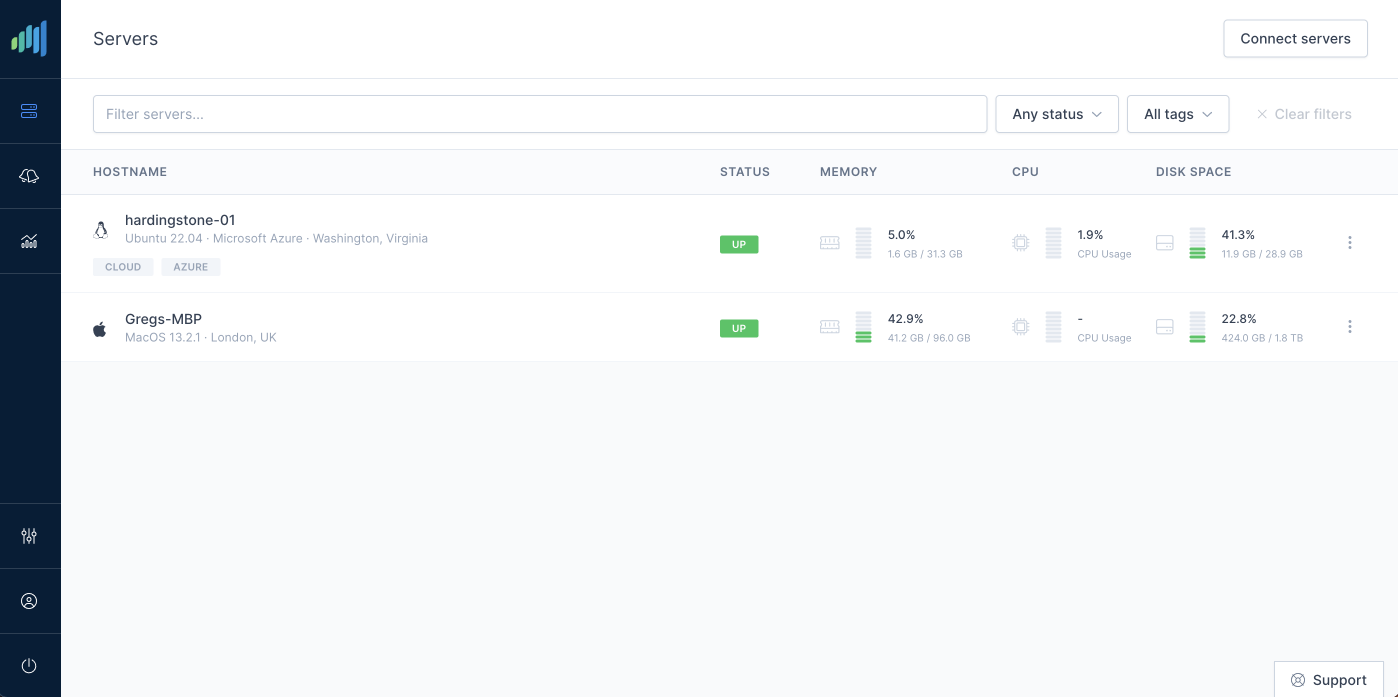Issue #001: I don't understand #roamcult
Hi friends!
First of all, thanks for subscribing to this newsletter. I’ve been meaning to put something together for a long while and with the renaissance of email happening now, it feels like it could be the right medium to use. I’ll be writing about (almost) everything I find interesting, especially productivity, learning techniques, business, software development and general aviation. Hope you enjoy!
On Roam Research
It seems like every newsletter about productivity has to include author’s thoughts about Roam, a new note-taking app that has created what some may say is a cult around it. (seriously, just search for roamcult on Twitter) I don’t want to sound like a contrarian (although I know I totally will) but I tried and tried and just couldn’t understand what all of the hype is about. The application itself is very spartan, has no mobile clients (neither a desktop one, it’s only available in the browser), has had performance issues and has basically no features which you’d expect from any note-taking app. (Even from a spartan one) And on top of this, the editing experience is limited to bullet-points only.
The basic idea behind Roam is that other note-taking apps don’t work like our brains - they allow the categorisation of notes into folders and tags while in reality our minds are interconnected webs of ideas and thoughts. This means that in Roam, instead of creating categories, you link the notes together - when you add a link from one note to another, the latter automatically shows a backlink to the original one. You can also mark notes as favourites (for easy access), view nice (but completely pointless) diagrams of how your notes are connected together and can write a daily journal using the automatically created pages.
I can’t say I hate this approach but here is my problem with Roam. It’s a feature, not a complete note-taking system that could replace the existing ones. Applications like Bear have already given up on the idea of Evernote-like filing system by limiting the categorisation options to just tags. As soon as Bear starts showing backlinks, it’s game over for Roam. Another reason for that is execution. Look at all the note-taking apps that are available on the market - Evernote, Bear, Notion, Agenda and countless others. They’re all beautiful, feature-rich and have stable native clients for most, if not all, platforms. Roam has none of that. It feels like a Notepad compared to Microsoft Word. (sans the bloat)
Maybe I’m wrong but for the time being I can see no place for Roam in my productivity system.
What I'm working on
I’ve rebuilt my personal website slash portfolio a few years ago and while I don’t think the design has aged much, the front-end technology itself has moved a lot during that time. The original website was written in Vue 2 and I rolled out custom-built server-side rendering in NodeJS for improved performance, SEO and also to support the contact form submission endpoint. All of the project content was kept in JSON files and essays were written in markdown.
The new tech stack is based around React and Gatsby. This way I get all the benefits of React and its ecosystem (including amazing animation libraries like Spring and Framer Motion) while being able to host it on any CDN and not need to worry about a permanently running web server. I needed to write two containerised functions in order to handle newsletter sign up and contact form and deploy them to Google Cloud Run but I actually like this separation of static front-end and containerised back-end. As always, after a rebuild like this some bugs and snags might show up, so please let me know if you encounter any.
Weekly favourites
- Deep Work by Cal Newport - I’ve just finished reading this book and can already say it’s going to change the way I work. The author defines deep work as the ability to focus without distraction on a cognitively demanding task. He argues that it’s a skill which in a modern work will give you an advantage over your peers, push your career forward and help pursue your business goals. Very rarely a book leaves such a big impact on my way of thinking and everyday work. Highly recommended.
- Tim Ferriss (of Four-hour work week fame) shares he’s thoughts and tips on note taking in his recent YouTube video. He splits the activity into three notebooks: Pocket Notebook, 5-Minute Journal and Morning Pages and explains how taking notes helps him with brainstorming, focusing and reducing anxiety. 20 minutes well spent.
- Speaking of notes, I made a large number of those while reading Anne-Laure Le Cunff’s blog post called The optionality fallacy. She argues that we should avoid following a pre-defined narrative in life and should accumulate optionality through differentiation, not conformity. I found the article very thought-provoking. (A lot of Anne-Laure’s writing is.)
Quote
Do it, move on, and keep doing it. That is a recipe for success. Any time you spend wondering if trying is a good idea is just wasted time.
- Josh Altman, It's Your Move
Thanks for reading, see your next week!
Greg
